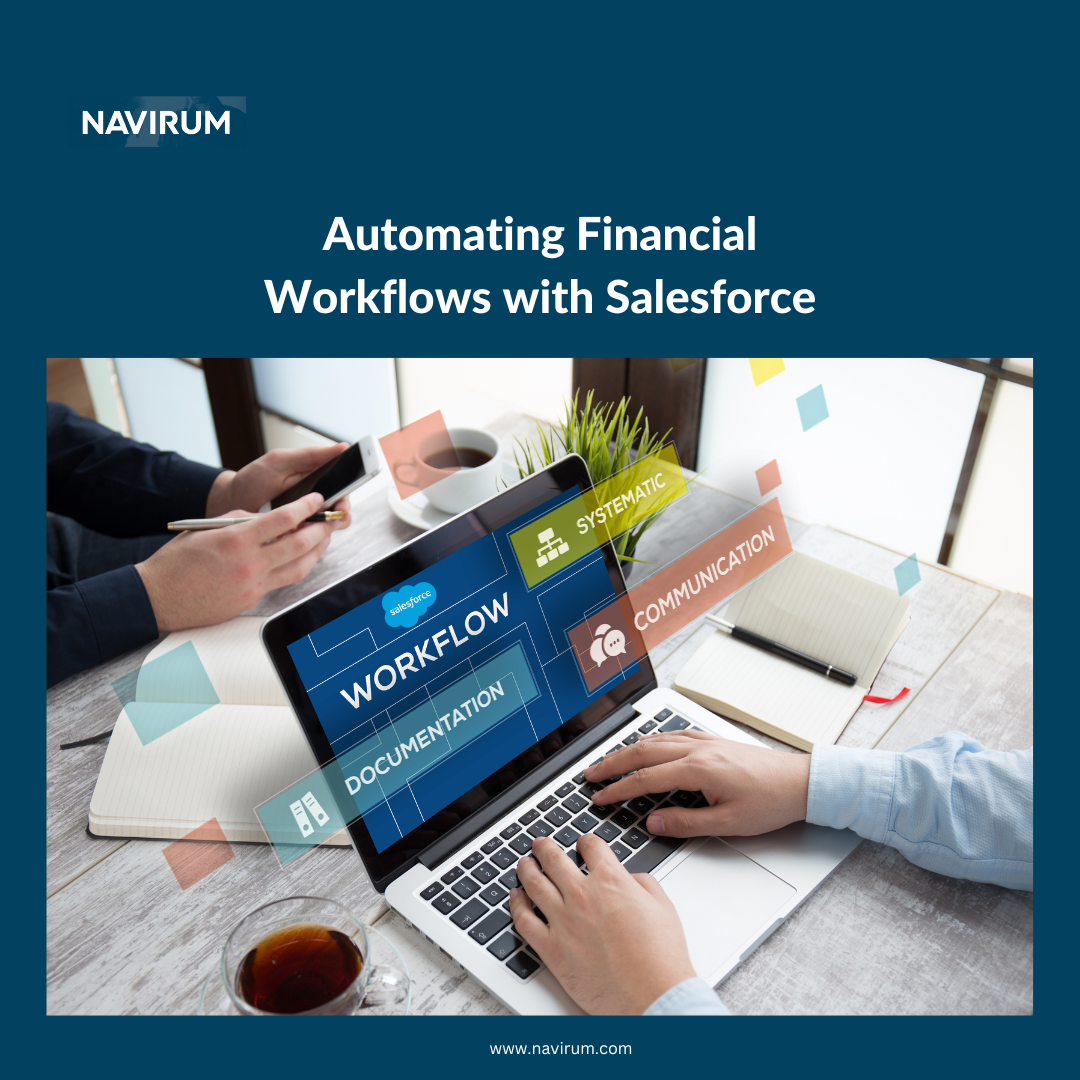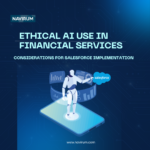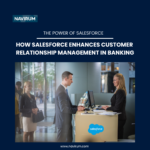Discover how automating financial workflows with Salesforce can revolutionize your finances!
Revolutionizing Finance: Unleashing the Power of Automation with Salesforce
In the fast-paced world of finance, where every second counts and accuracy is paramount, manual processes are no longer sustainable. The demand for efficiency, agility, and compliance necessitates a paradigm shift towards automation. Enter Salesforce – the leading CRM platform renowned for its robust automation capabilities. In this blog post, we’ll explore how Salesforce revolutionizes financial workflows by streamlining processes, enhancing productivity, and driving business growth.
The Imperative for Automation in Finance
Finance departments are tasked with a myriad of responsibilities, including budgeting, invoicing, financial reporting, and compliance. However, manual execution of these tasks is not only time-consuming but also prone to errors, delays, and inefficiencies. With the increasing complexity of financial operations and the relentless pace of business, automation emerges as a strategic imperative for finance teams to thrive in today’s digital era.
Salesforce Automation: A Game-Changer for Finance
- Workflow Automation: Salesforce’s workflow automation capabilities enable finance teams to automate repetitive tasks, such as invoice processing, approvals, and payment reminders. By defining rules and triggers within Salesforce, finance professionals can streamline workflows, reduce manual intervention, and accelerate transaction cycles, thereby enhancing operational efficiency and productivity.
- Integration with Financial Systems: Salesforce seamlessly integrates with leading financial systems, such as ERP (Enterprise Resource Planning) platforms and accounting software. Through bidirectional data synchronization, finance teams can eliminate data silos and ensure data consistency across systems, enabling real-time visibility into financial performance and facilitating informed decision-making.
- Automated Reporting and Dashboards: Salesforce’s reporting and dashboard functionalities empower finance professionals to create customized reports, analyze financial data, and track key performance indicators (KPIs) in real time. By automating report generation and distribution, Salesforce enables stakeholders to gain actionable insights into financial metrics, trends, and forecasts, facilitating proactive decision-making and strategic planning.
- Revenue Recognition Automation: Revenue recognition is a critical aspect of financial management, particularly for subscription-based businesses and those operating under ASC 606 or IFRS 15 standards. Salesforce offers revenue recognition automation solutions that streamline the calculation, allocation, and reporting of revenue, ensuring compliance with accounting standards and enhancing transparency in financial reporting.
- Compliance Automation: Compliance with regulatory requirements, such as GDPR, SOX, and PCI-DSS, is a top priority for finance teams. Salesforce’s compliance automation tools help finance professionals enforce data security policies, monitor access controls, and maintain audit trails, ensuring adherence to regulatory mandates and safeguarding sensitive financial information.
Case Study: Transforming Financial Operations with Salesforce Automation
Let’s take an example, one of our recent clients, a financial corporation, that now leverages Salesforce to automate its financial workflows:
- Challenge: The company’s finance department grappled with manual invoice processing, disparate systems, and limited visibility into financial performance.
- Solution: By implementing Salesforce’s workflow automation and integration capabilities, the company now creates a centralized platform for invoice management, expense tracking, and financial reporting. Custom-built workflows automate invoice approval processes, while integration with the ERP system enables seamless data exchange between Salesforce and the company’s financial infrastructure.
- Result: The company experiences significant improvements in operational efficiency, with streamlined invoice processing, reduced cycle times, and enhanced data accuracy. Real-time reporting and dashboards provide finance executives with actionable insights into cash flow, revenue trends, and profitability, enabling informed decision-making and driving business growth.
Conclusion
In an era defined by digital transformation and data-driven decision-making, automation emerges as a cornerstone of success for finance departments seeking to stay ahead of the curve. Salesforce’s robust automation capabilities empower finance professionals to streamline workflows, optimize processes, and elevate the strategic role of finance within their organizations.
By embracing Salesforce as a catalyst for automation, finance teams can unlock new opportunities for efficiency, agility, and innovation, propelling their organizations towards sustained growth and competitive advantage in today’s dynamic business landscape.






